Latest Comments
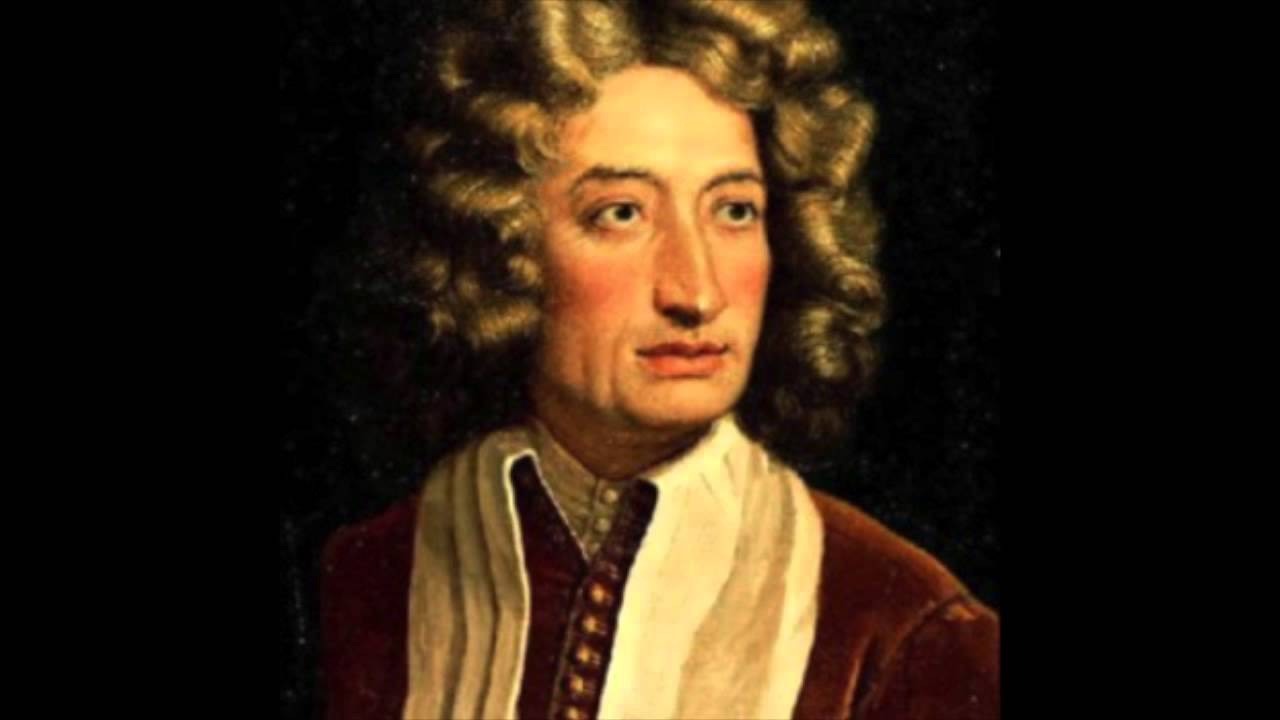
The Story Behind Pachelbel’s Vom Himmel Hoch Da Komm Ich Her
Johann Pachelbel, one of the most prominent Baroque composers of the 17th century, is renowned for his richly textured compositions and exceptional skill in crafting[…]
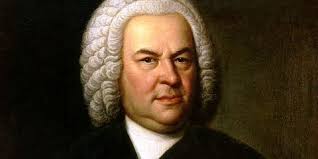
The Story Behind Bach’s Toccata and Fugue
Johann Sebastian Bach’s Toccata and Fugue in D minor, BWV 565 is one of the most iconic and widely recognized pieces of classical organ music.[…]
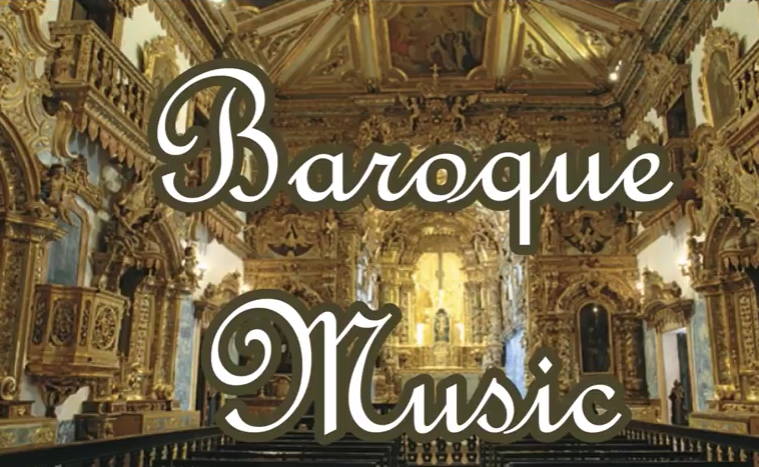
History of Baroque Music
Baroque music, spanning from approximately 1600 to 1750, marks a pivotal era in the history of Western classical music. This period witnessed profound developments in[…]
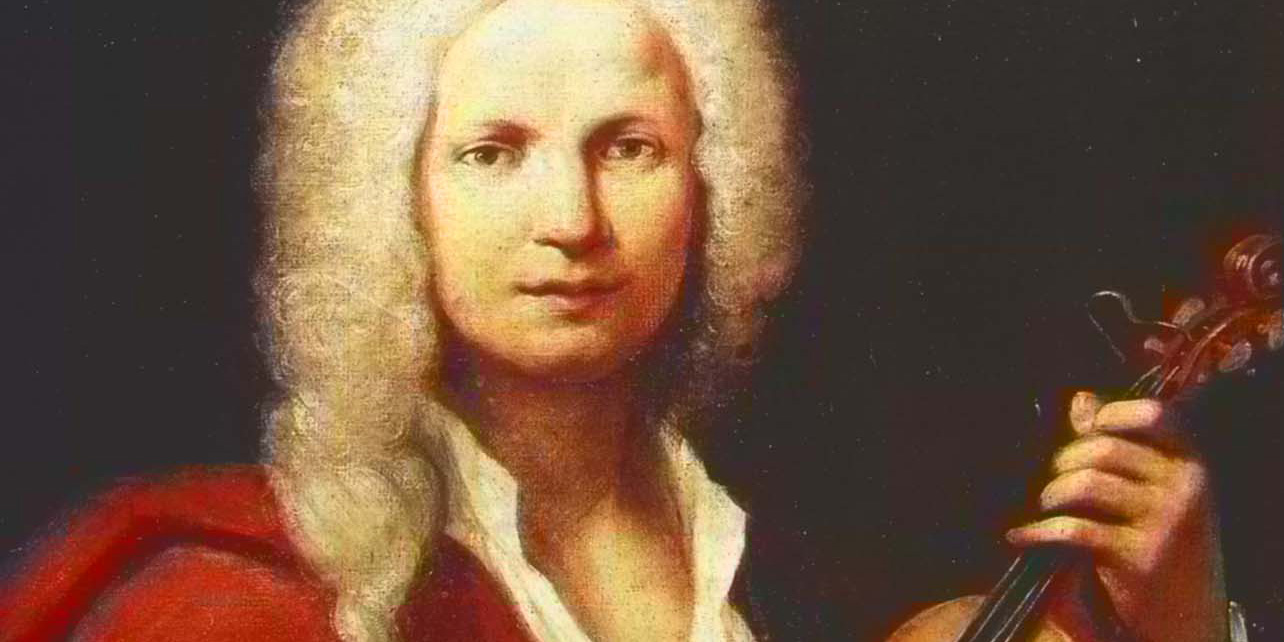
10 Fascinating Facts about Antonio Vivaldi
Antonio Vivaldi, an Italian Baroque composer, is one of the most influential figures in the history of music. Known for his vibrant and expressive compositions,[…]
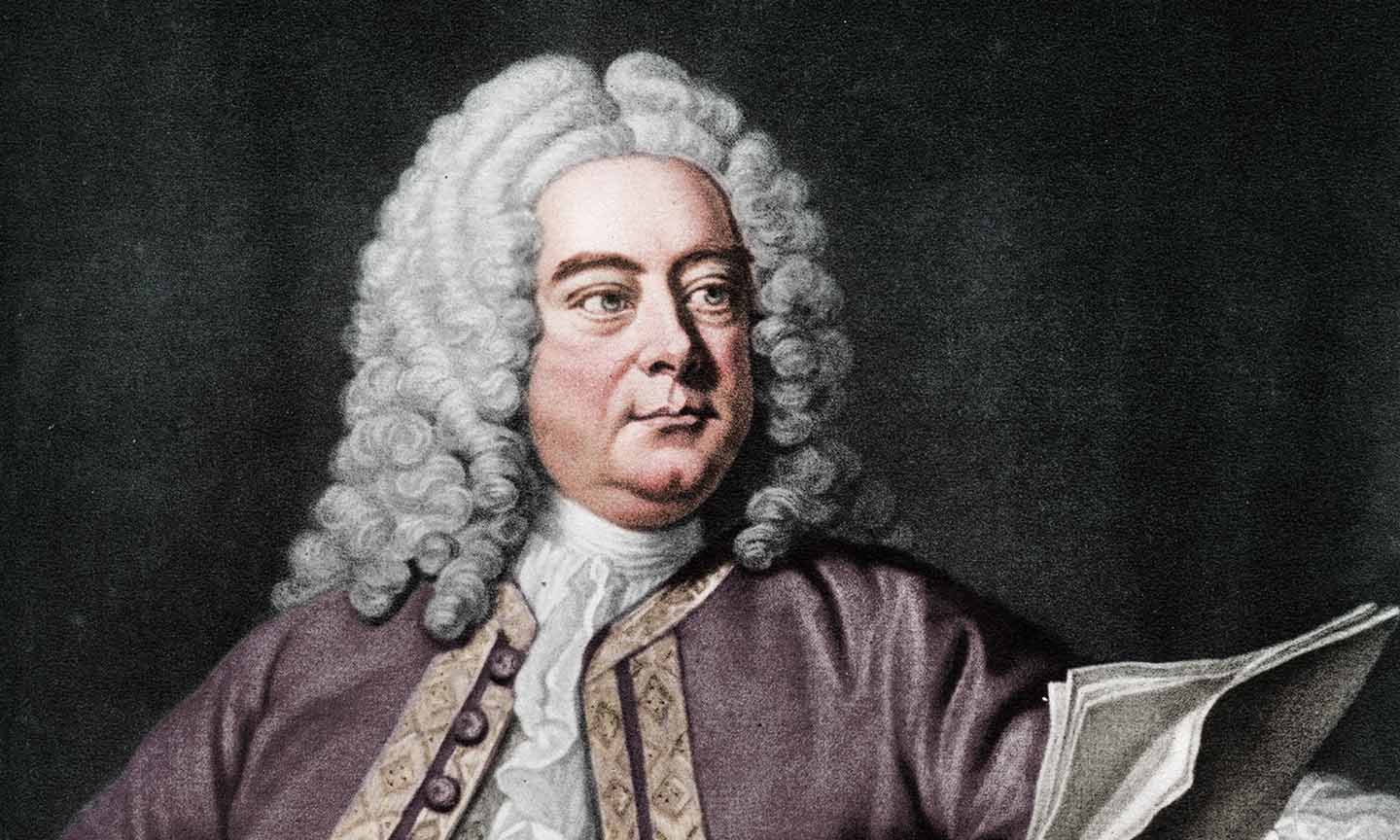
Georg Friedrich Händel – Biography and History
Georg Friedrich Händel, known in English as George Frideric Handel, was a prolific and influential Baroque composer whose works have had a lasting impact on[…]
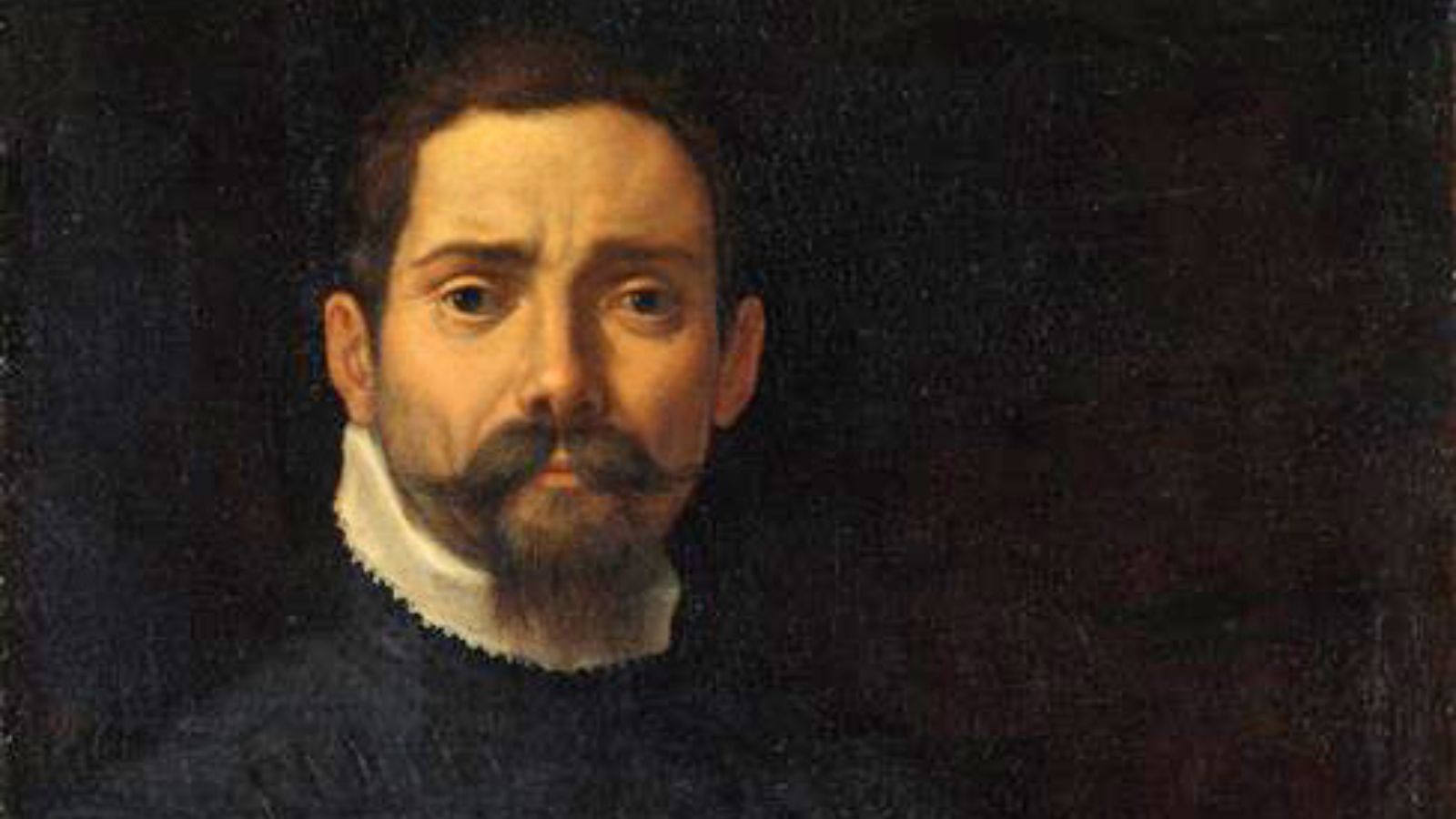
Giovanni Gabrieli – Biography and Life
Giovanni Gabrieli, a luminary of the late Renaissance, was born around 1554 in Venice, Italy. Renowned for his contributions to Venetian polychoral and instrumental music,[…]
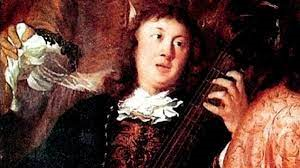
Dietrich Buxtehude – Biography and Life
Dietrich Buxtehude stands as a towering figure in the realm of Baroque music, his compositions marking a pivotal era in the development of musical expression.[…]
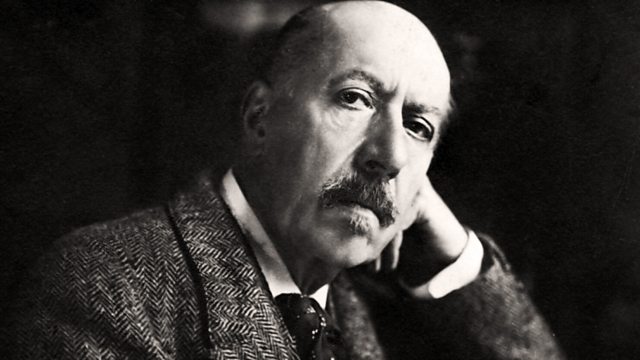
Charles Widor – Biography and Life
Charles-Marie Jean Albert Widor was a renowned French composer, organist, and teacher, best remembered for his significant contributions to organ music. Born on February 21,[…]
© 2025 Top Classical Music. Created with ❤ using WordPress and Kubio